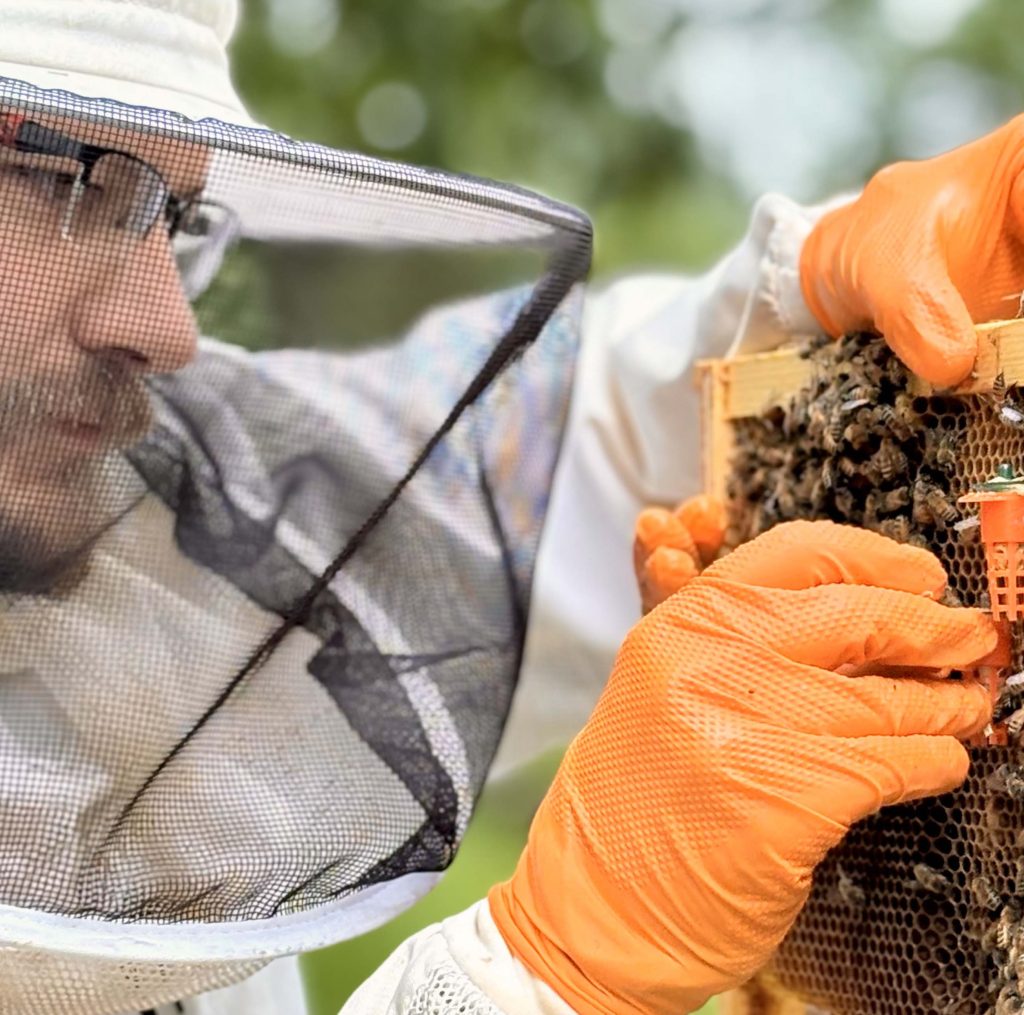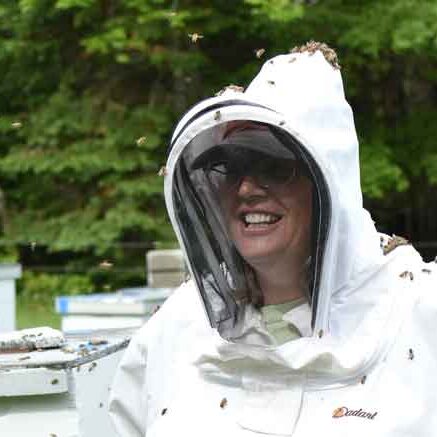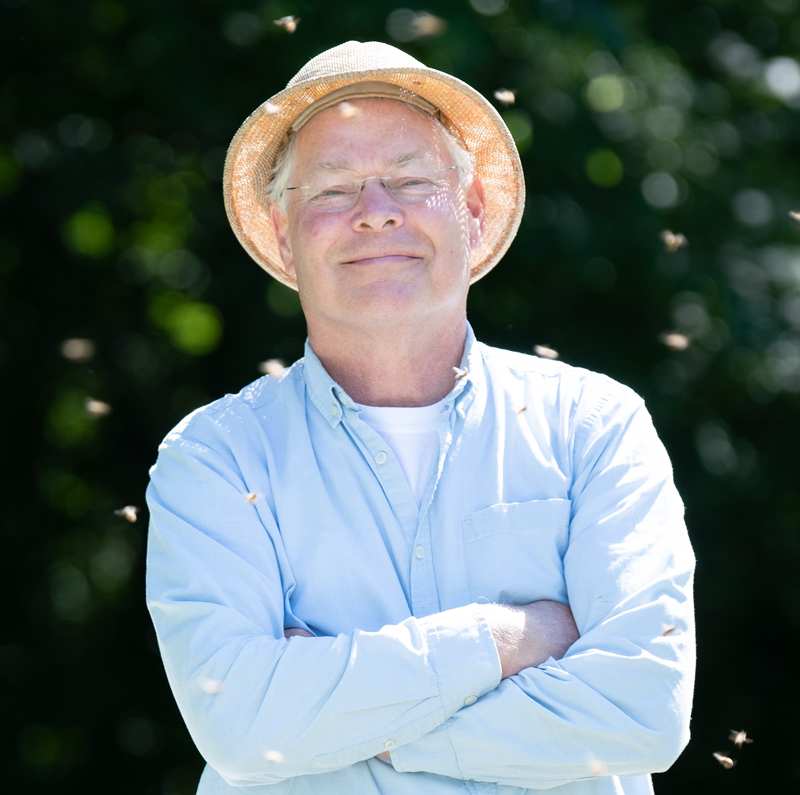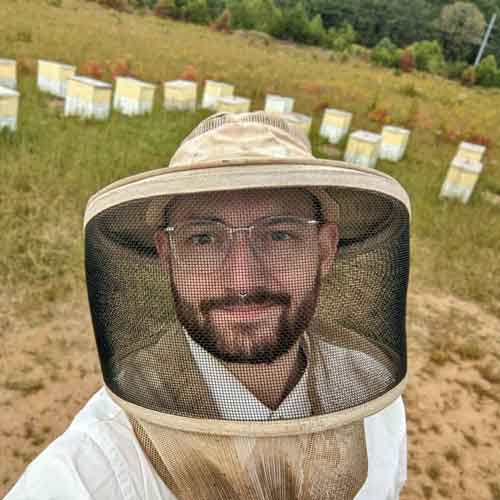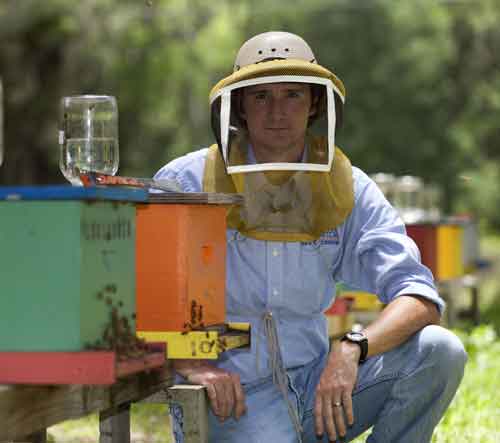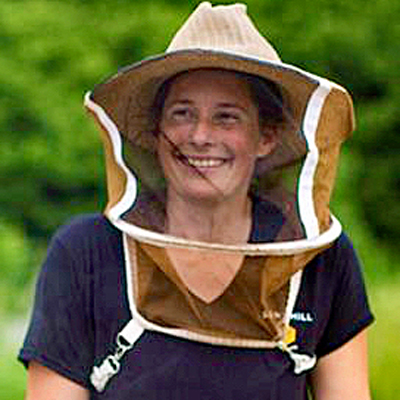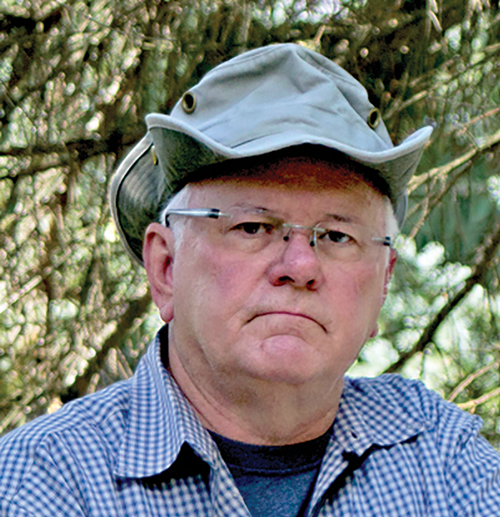MSBA Annual Meeting 2025
Hannaford Hall at University of Southern Maine in Portland
Saturday, October 18th
Hosted by Cumberland County Beekeepers Association
This year’s presenters are: Dr. Christina Grozinger from Penn State University Dr. David Peck from Betterbee 2025 Presenter Biographies <!–Meeting Program
7:00 – 8:00 Vendor set up 8:00 – 8:50 Registration/vendors, raffle ticket sales 8:50 – 9:00 Welcome by MSBA President Elizabeth Goodwin 9:00 – 10:00 Christina Grozinger: Best for bees: identifying the most attractive and nutritional flowering plants for bees Having access to diverse and nutritious floral resources is essential for supporting healthy and productive bees. Here, I will describe different studies we have conducted to evaluate how bees select which plants they will collect nectar and pollen from, how these choices vary between bee species, and which plant species are most attractive for honey bees and other bees. 10:00 – 10:15 Break 10:15 – 11:15 David Peck: Honey Bee Nutrition: Understanding Nutrition by Studying Digestion 11:15 – 11:45 Business Meeting, excellence in beekeeping awards, board of director elections 11:45 – 1:00 Lunch 1:00 – 1:15 Jennifer Lund: “State of the State” Address 1:15 – 2:15 Christina Grozinger: Mother knows best, maybe: cooperation and conflict in honey bee colonies. In honey bee colony, the queen produces the eggs and the workers care for her offspring. But, if the queen is lost, some of the workers activate their ovaries and start laying their own eggs. Why are the workers typically “altruistic” – giving up their own reproduction? And why do some workers behave more selfishly and activate their ovaries rapidly if the queen is lost? 2:15 – 2:30 Break; last chance to buy raffle tickets 2:30 – 3:30 David Peck: Locally Adapted Queens: Marketing Myth or Cornerstone of Bee Stock Improvement? 3:30 – End Honey tasting contest awards, raffle auction winners, and closing –>